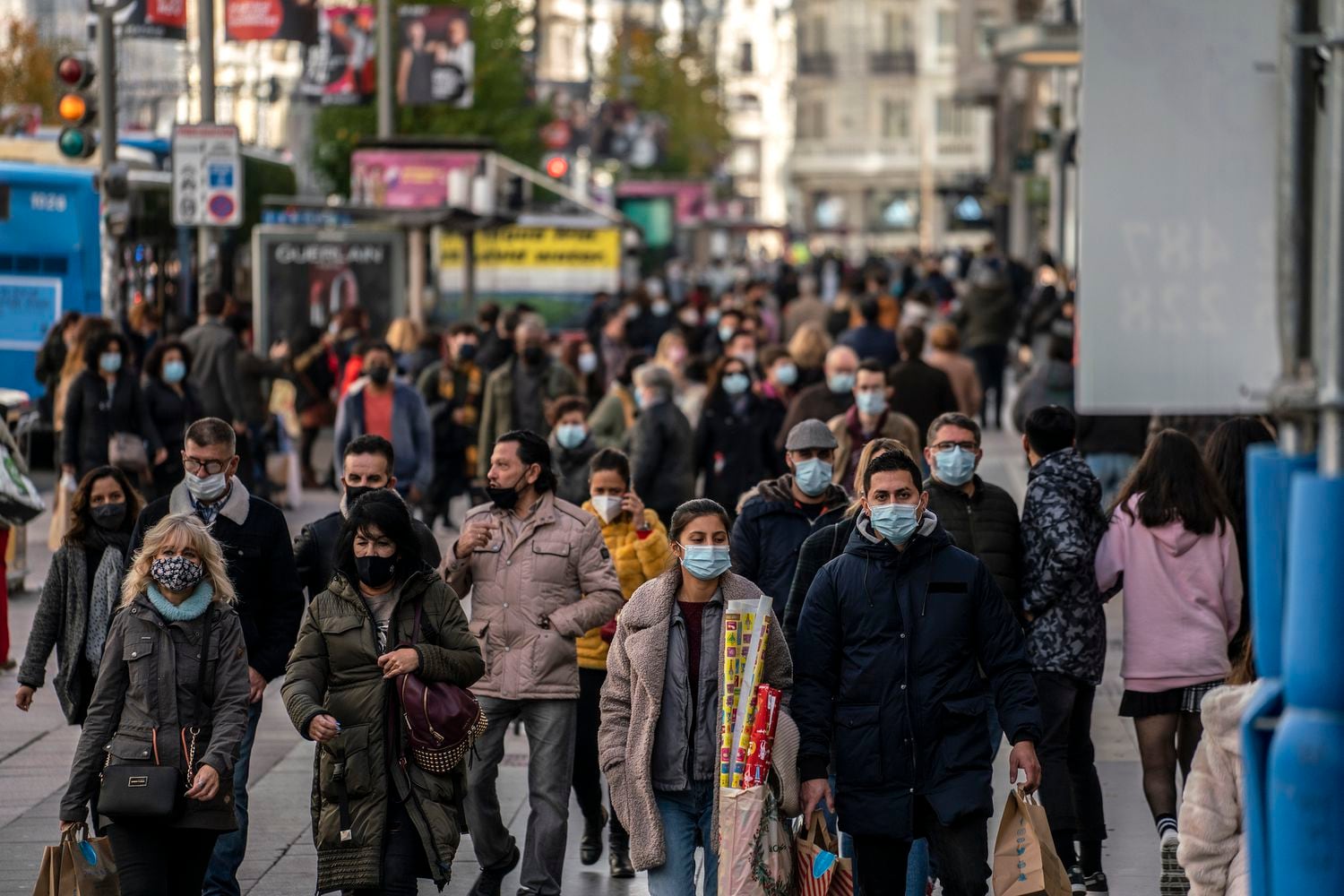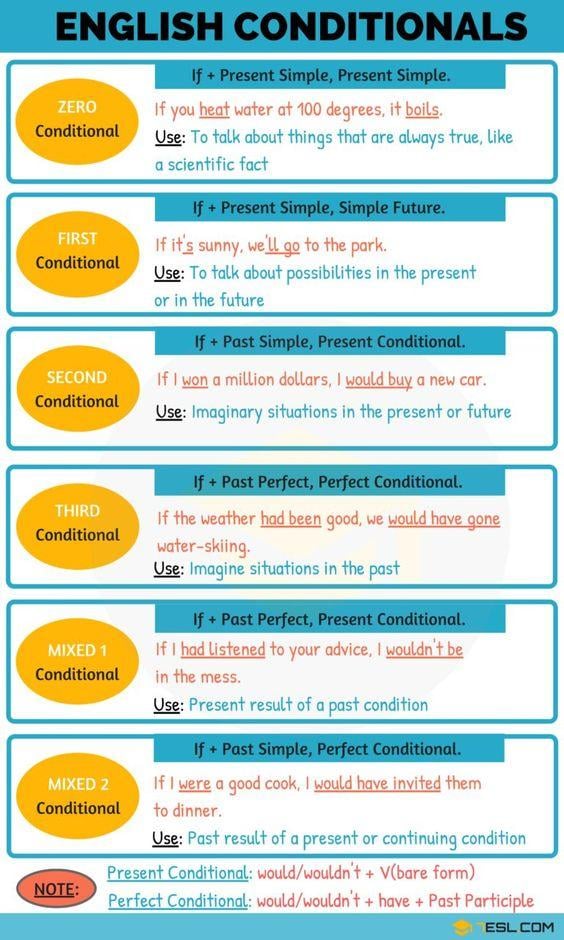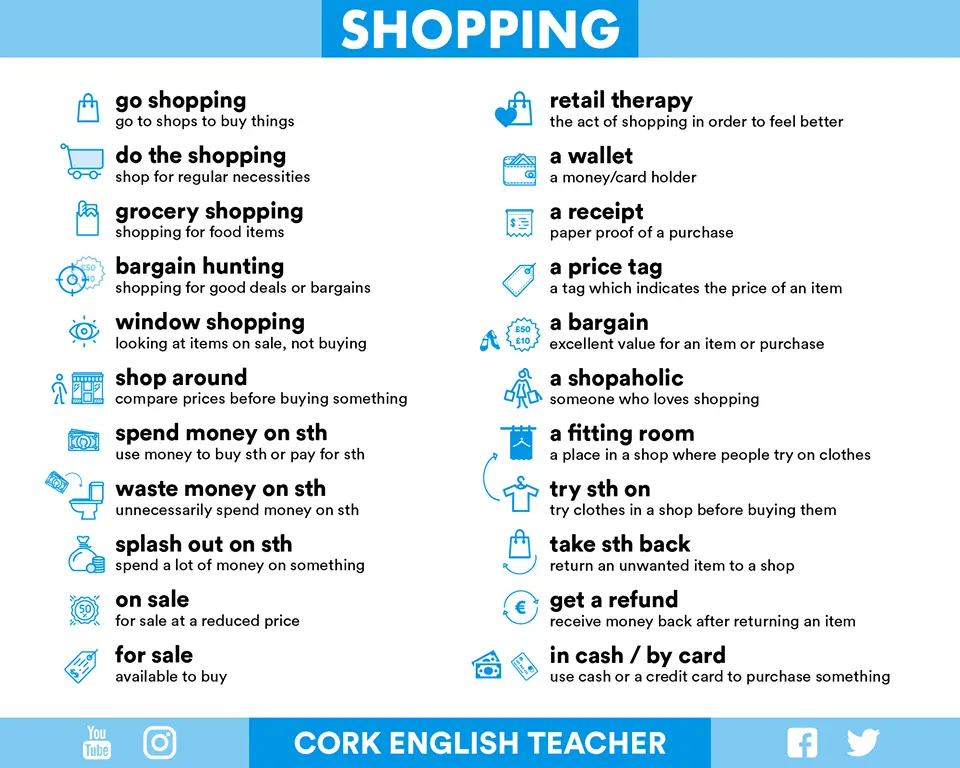
Spain’s health secretary of state, Silvia Calzón, called on the public on Monday to show “responsibility and prudence” after crowds flooded the streets at the weekend to go Christmas shopping and see the traditional festive lights go on. The packed scenes – seen in several cities, including Madrid, Barcelona, Valencia and Málaga – prompted Calzón to recommend that citizens “avoid crowds” in the lead-up to Christmas to avoid worsening the coronavirus situation in Spain. “This is not over,” she warned.
“We would like to make a call for responsibility and prudence,” said Calzón in a radio interview with Spanish station Canal Sur on Monday “It has taken a lot of work and sacrifice to flatten the curve.” The incidence rate of the coronavirus has been steadily falling across Spain, but health authorities warn it still remains at “very high” levels. Although the sharp rise in new cases seen after the summer holidays may have eased, experts warn that increased social gatherings and travel over the festive season could lead to a new spike in infections.
“We cannot forget how badly many families have suffered,” or the impact the virus has had “on the most vulnerable,” said Calzón. “If we like Christmas, let’s ensure that we are all here for next Christmas,” she added, arguing “it’s worth the sacrifice.”
The health official also called on citizens to use “common sense.” She recommended that the public hold gatherings outdoors and avoid crowds to limit the risk of possible contagion. Calzón said the Christmas period was “an especially dear time” but would be “special” this year in a bid to reduce contagions. “We have to focus on protecting those we most love,” she said. “Perhaps we have to sacrifice our way of socializing with lots of people from lots of different areas in order to enjoy more and protect more those we love, especially elderly people.”
With the festive season approaching, the Spanish Health Ministry has proposed a series of measures aimed at preventing the spread of the virus, namely limiting social gatherings to 10 people and setting a 1am curfew for Christmas Eve and New Year’s Eve. But the final decision on what rules will be in place will fall to the regions. Calzón defended this position on Monday, arguing that regional governments “need to have the necessary autonomy” to set restrictions and adapt them to their “different epidemiological situations.”
Calzón said a group was working on designing “basic measures” that could be applied across Spain, adding that this plan would likely be discussed on Wednesday at the next meeting of the Inter-Territorial Council of the National Health System, which brings together central and regional health chiefs. The raft of measures is aimed at “sending a unified message to the public,” said Calzón, who admitted the restrictions are unlikely to be exactly the same in each region given the differences between each territory.

:strip_icc():format(webp)/sample-letter-format-2063479-Final-dc968bbbf3ee4716a4a3875763fd4b09.png)





